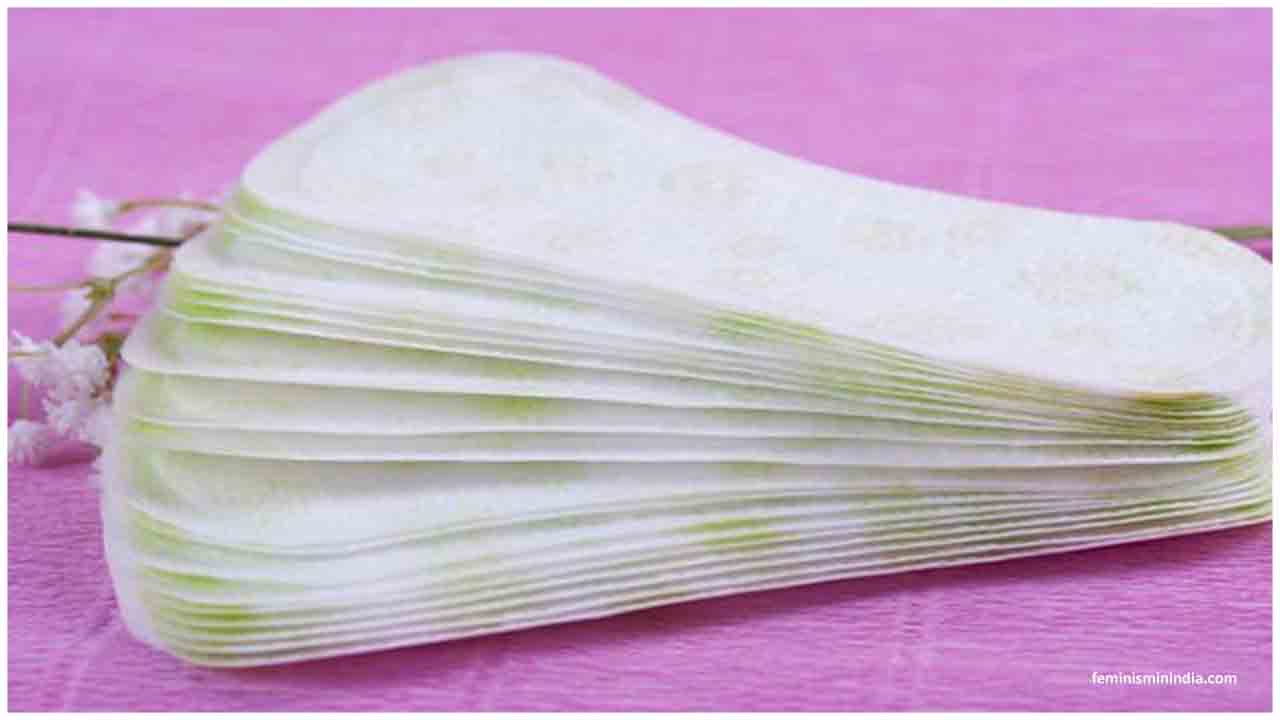Access to menstrual hygiene products is amongst the most basic needs of a woman. The spread of coronavirus and the subsequent lockdown has further pushed the underprivileged women into greater health risks as they do not have access to the required products. Baala, an impact organization, has extended its support to women, deprived of such essential products.
With an aim to reach out to more and more women in need, Baala has tied up with the government of Delhi to distribute eco-friendly, re-usable sanitary pads, that the organization manufactures in-house. This association shall allow Baala to spread a strong impact of its noble initiative to over 30,000 females across the Capital city.
Ms. Aradhana Rai Gupta, Co-Head, Baala said, “The association with the Delhi Government will enable us to reach out to a larger section of poor and needy women, who have no access and means to afford of such basic need. We are thankful to Delhi Government for their support in facilitating distribution of eco-friendly and re-usable sanitary pads to the needy women of Delhi. We sincerely hope that this will cater to an ever-emerging need of creating awareness about menstrual hygiene and bring about a positive change.”
The unbidden arrival of the pandemic followed by its severity has not been able to reduce the passion, that the Baala team has had during this difficult time. The organization’s enthusiasm and continuous efforts are evident from its movements into some of the most congested areas and urban slums of Delhi like Sanjay Camp, Wazirpur, Karol Bagh, Sham Vihar, to name a few. This team of young women got support from few NGOs, and together they extended their supplies to over 10,000 women to guard them against one relatable trouble, if not the other.
Commenting on the partnership, Ms. Ranjana Prasad, Member Health & Nutrition (DCPCR) and Member- Advisory Panel (Hunger Relief, COVID-19), Government of NCT, Delhi said, “We are committed to the welfare of people of Delhi. Menstrual hygiene, affordability of quality sanitary pads and disposal continues to be a challenge for women in urban slums. The work done by Project Baala so far, truly complements our objective of bringing better health and hygiene facilities to the doorstep of every citizen.”
Since its inception, Baala has worked for the holistic development of a woman. The team has put forward the initiative of not only distributing the eco- friendly napkins to the women in need but also educate them about hygiene and sanitation. So far, they have provided over 4,50,000 such re-usable sanitary pads in India as well as pockets of Nepal, Ghana and Tanzania. The team has been travelling to villages across India with their menstruation and sanitation workshops and have left their footprints in around 16 states of India, till date. The mission lies in breaking the numerous myths associated with menstruation.
With 12% of women using sanitary pads, within a population of 1.2 billion, India faces a significant issue of non-biodegradable waste. These pads can be used for a period of 1.5 years and could be an answer to growing landfill waste in the country. The combination of materials used makes these pads extremely environment friendly.

 Project Baala has tied up with the Delhi Government to distribute eco-friendly, re-usable sanitary pads, manufactured in-house
Project Baala has tied up with the Delhi Government to distribute eco-friendly, re-usable sanitary pads, manufactured in-house










.jpeg)

.jpeg)






.jpeg)










.jpg)